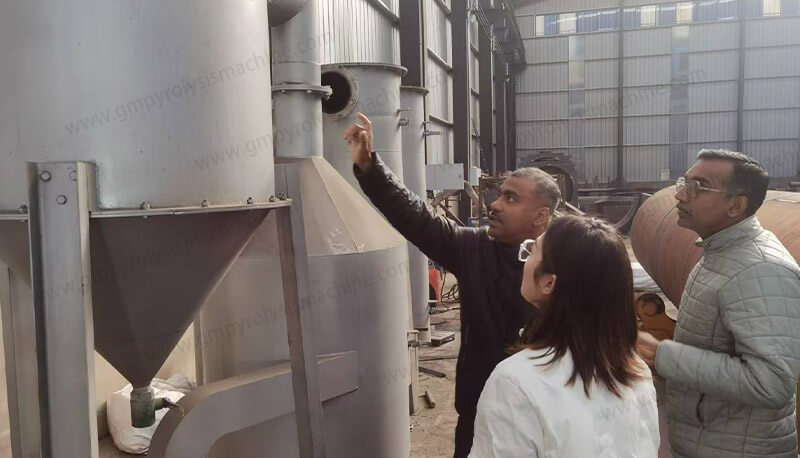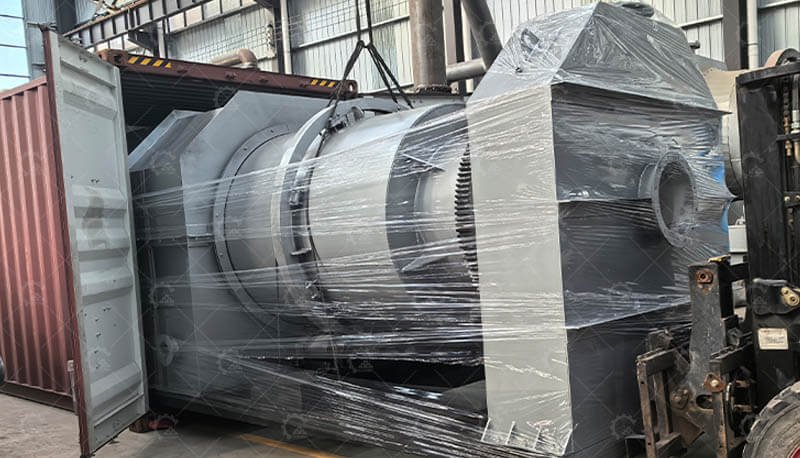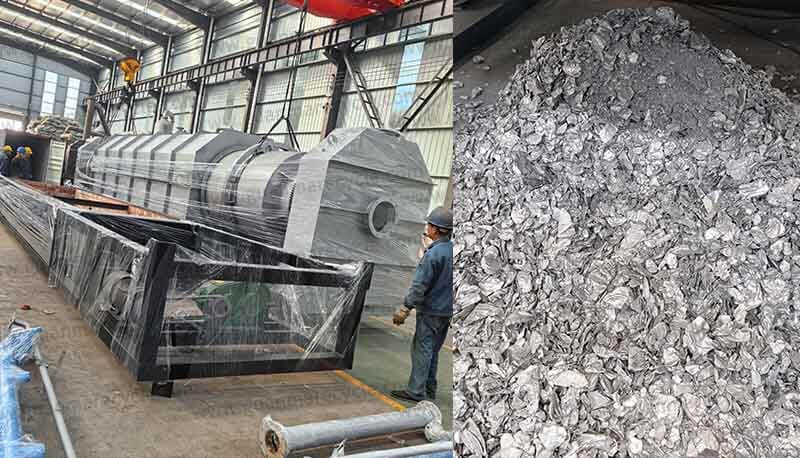Rice Husk Carbonization Machine Introduction
In a significant move towards sustainable agricultural waste management, an esteemed client from India visited the facilities of Guanma Machinery to explore the acquisition of a continuous rice husk carbonization Machine.
Client Requirements
The Indian client was looking for a robust and efficient system that could handle the continuous carbonization of rice husks. The primary objectives were:
Processing capacity: A minimum throughput of 1500 kg per hour.
Material considerations: Detailed analysis of rice husk moisture levels, its impact on the calorific value, and the expected carbon output.
Technology and process: An in-depth look at the specific technology and processes involved in achieving optimal results.
Discussion with Guanma Machinery
During the visit, the client engaged in extensive discussions with Guanma Machinery experts to understand the intricacies of rice husk carbonization. Key points of discussion included:
Moisture Content Analysis
Guanma Machinery explained that the moisture content in rice husks can significantly affect the efficiency of the carbonization process. Typically, rice husks have a moisture content ranging from 10% to 20%. To ensure optimal performance, it is crucial to dry the raw material before feeding it into the carbonization plant. Guanma Machinery recommended pre-drying methods to reduce moisture levels below 10%, enhancing the overall efficiency of the process.
Calorific Value Insights
The calorific value of rice husks plays a critical role in determining the energy efficiency of the carbonization process. With a typical calorific value of around 3,000 kcal/kg when dried, rice husks serve as an excellent source of renewable energy. Guanma Machinery highlighted how their advanced thermal decomposition technology maximizes energy recovery, ensuring a higher conversion rate from biomass to biochar.
Carbon Yield Expectations
Regarding the carbon yield, Guanma Machinery shared that, on average, the carbonization process can produce approximately 30-40% biochar from the initial weight of the input material. For every ton of rice husk processed, one can expect between 300 to 400 kilograms of high-quality biochar. The exact yield depends on factors such as the initial moisture content and the operational parameters of the carbonization unit.
Specific Technology and Process Solutions
Guanma Machinery presented a comprehensive solution tailored to the client’s needs. The proposed continuous rice husk carbonization pyrolysis machine featured:
Pre-Drying System: Ensuring the feedstock enters the carbonization process with optimal moisture levels.
Continuous Feeding Mechanism: Designed to maintain a steady flow of rice husks into the reactor without interruption.
High-Efficiency Pyrolysis Reactor: Utilizing advanced thermal decomposition techniques under controlled oxygen-limited conditions to maximize biochar production.
Automated Control System: Monitoring and adjusting key parameters such as temperature, pressure, and airflow for consistent performance.
Conclusion and Future Collaboration
The visit concluded with mutual satisfaction as the client gained a thorough understanding of the capabilities of Guanma Machinery’s rice husk carbonization machine. Impressed by the technical depth and practical solutions offered, the client expressed strong interest in proceeding with the project. Both parties are now exploring further collaboration opportunities, aiming to establish a model facility that not only addresses agricultural waste but also contributes positively to environmental sustainability.





